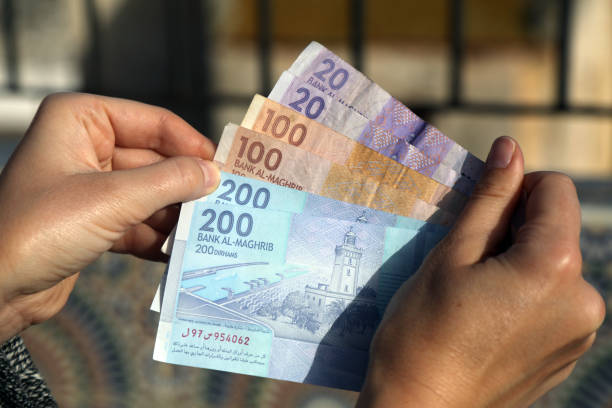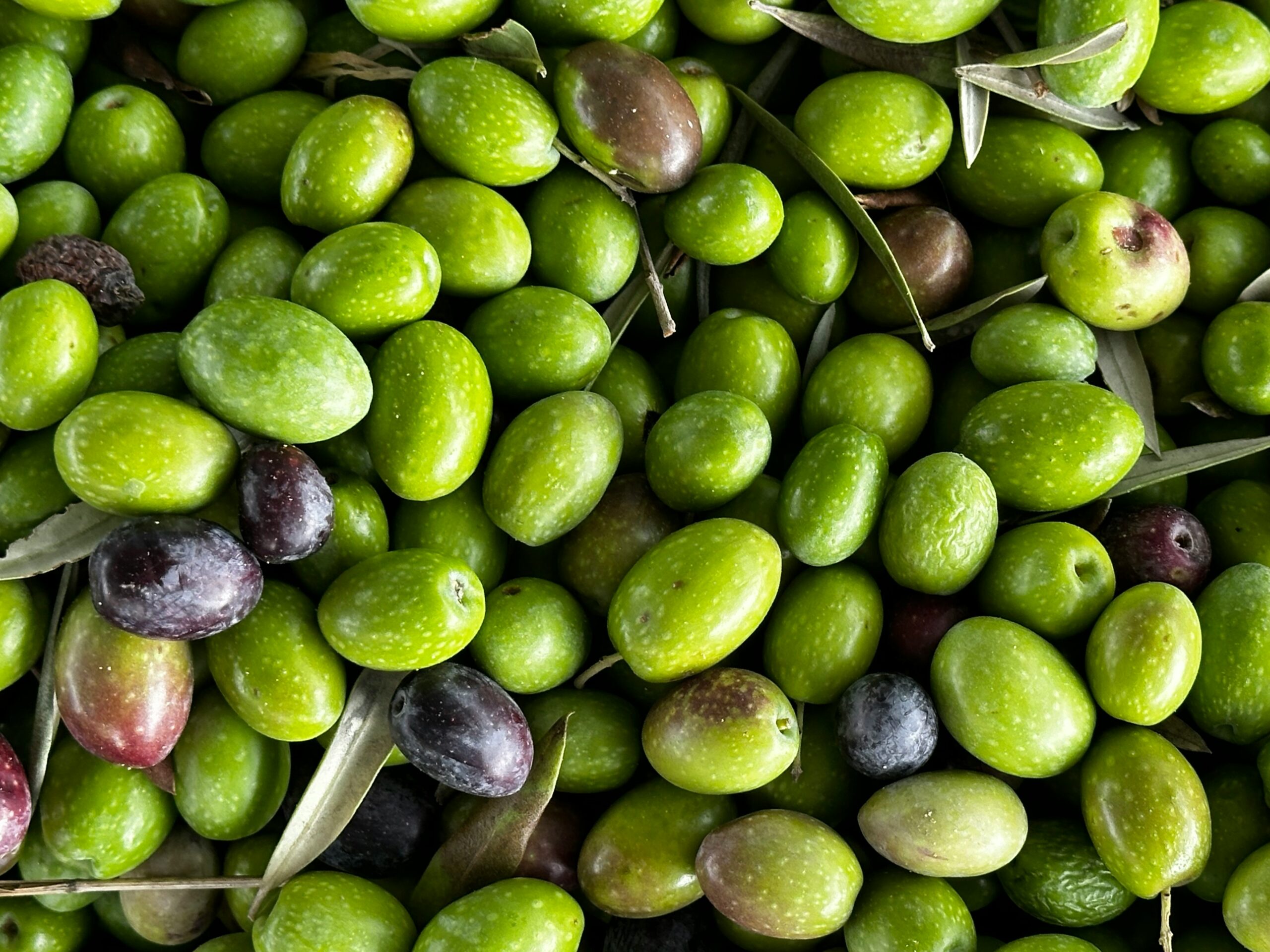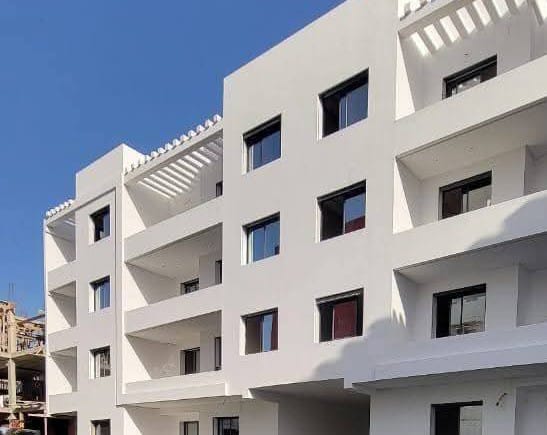Casablanca – Recent reports from the Association of Car Importers in Morocco shed light on the state of the automotive market in the kingdom. In March 2024, the total sales of new vehicles reached 35,680 units, representing a decline of 3.09 percent compared to the same period in 2023. This decline was particularly noticeable in the passenger car segment, which experienced a 5.97 percent decrease, with 31,741 units sold. Conversely, there was a significant increase in the sales of light commercial vehicles, with figures climbing to 3,939 units, marking a 28.77 percent increase.
Analyzing the breakdown within the passenger car segment reveals Dacia’s dominance, commanding a market share of 28.43 percent by selling 9,024 units. Following in second place is Renault, securing 4,756 units and capturing 14.98 percent of the market share. Trailing behind, Hyundai sold 2,658 units, while Opel managed to sell 1,788 units.
In contrast, Renault demonstrated upward performance in the light commercial vehicle segment, with an 84.62% increase in sales and capturing 28.03% of the market share with 1,104 units sold. Ford also experienced a notable increase in sales, recording a 211.9% surge compared to the previous year and claiming 13.3% of the market share with 524 cars sold.
Exploring the luxury car market reveals an uptick in sales. Audi led the pack, selling 1,120 units and commanding a market share of 3.53 percent. Close behind were BMW, with 854 units sold (2.69 percent market share), and Mercedes, with 762 units sold (2.4 percent market share).
While these statistics paint a picture of the current state of the automotive market, it’s essential to consider the broader context. Observers have noted ongoing imbalances between supply and demand, which have been exacerbated by factors such as disruptions in global supply chains due to the COVID-19 pandemic and geopolitical tensions. These challenges have led to delays in vehicle delivery times, with customers facing waiting periods exceeding six months.
Additionally, the evolving risks associated with financing vehicle purchases have impacted sales. Financial advisors highlight the crucial role of banks and financing companies in facilitating car purchases, but cautious lending practices have contributed to a slowdown in sales. Consequently, there has been a notable shift towards the used car market, as individuals increasingly rely on consumer loans to finance their purchases.
While the automotive market in Morocco continues to face challenges, there are also opportunities for growth and adaptation. By reevaluating business strategies, particularly in terms of marketing and supply chain management, distributors can better meet customer demands and navigate the complexities of the industry.
















